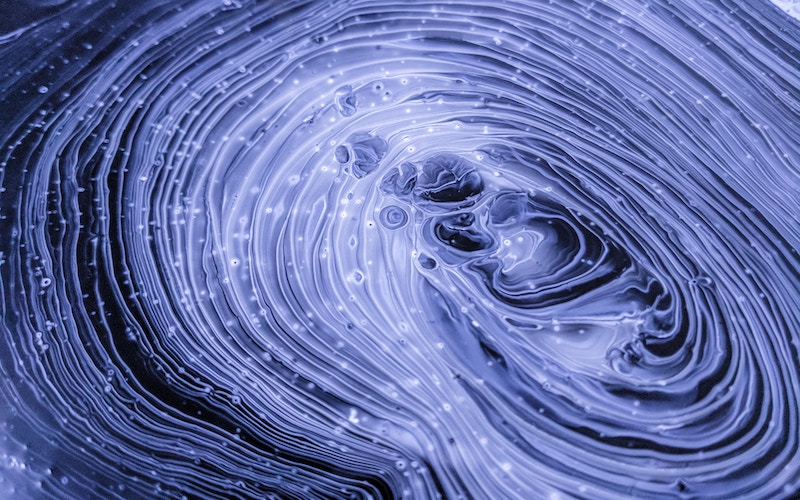Theory and Data, Part 1
Episode #2 of the course How science works by Benjamin Keep
Welcome back.
Last time, we talked about why deduction is not enough to explain how science works. We need a different kind of reasoning process that incorporates experience. Induction seems to be a much more prevalent part of the scientific process. With induction, we build off of our experience to make claims about things that we haven’t experienced. For example, I have traveled the world. I’ve been to many zoos and gone on a safari. Every single flamingo I have ever seen is pink. If I infer, from this experience, that all flamingos are pink, it doesn’t seem like I’m crazy. In contrast to deductive reasoning, I’m not relying on premises—I’m relying on experience—and proposing a new claim that goes beyond the information that I’ve personally witnessed.
There’s just one catch. Proving things true is rather difficult. Scientific claims often come in the form, “All X are Y.” They are universal claims. All copper conducts electricity. Caffeine is a stimulant. These are all statements of the form, “A thing of a certain kind has a certain property.” To modern ears, at least, these claims sound unexceptional. They are relatively mundane, boring truths. But has science proven them to be true? Not really. To definitely prove statements like this would require testing every single item of that kind. Scientists haven’t looked at all the copper in the universe. And they never will. Nevertheless, we feel confident that all copper conducts electricity. But why should we?
A Possible Solution
Karl Popper, a philosopher of science in the early 1900s who’s still quite popular today, made a radical proposal: Scientists do not prove things true. They try to prove things false. Proving universal statements false is quite a bit easier than proving them true. Just one piece of copper that doesn’t conduct electricity would prove the statement, “All copper conducts electricity,” false. When scientists fail to prove something false, it bolsters support for the claim. Under this view, experiments are crucibles or trials that a particular claim goes through. Every time that we have the experience of copper conducting electricity is an opportunity to falsify the universal claim. If the claim makes it through the trial, we have more confidence in it.
Under this view, each experience (or experiment) tests a particular theory or claim. Popper was struck at how the theory of relativity was justified through a series of clever experiments. The special theory of relativity states that light moves at the same speed regardless of how fast an observer is moving (unlike, say, trains, which seem to be moving fast when we’re stationary and slow when we’re in an airplane). Experiments that tested whether the speed of light varies could have demonstrated that the special theory of relativity was incorrect. But they didn’t. The theory survived the crucial experiments (and many, many follow-up experiments), so we have confidence that it is correct.
For Popper, the meat of science is in justifying claims. How people come up with ideas is irrelevant: It’s how they test them that’s important. They can come from anywhere: a feverish dream, divine intervention, or dumb luck. Falsification is also both a description of how science works and a prescription of how it should work. According to Popper, if you’re not trying strenuously to falsify theories, you’re not doing science.
Philosophers, however, have raised several objections to Popper’s description of how science works. We’ll discuss two small ones here.
Two Small Objections
One objection to Popper’s model of how science works is that scientists don’t seem to act in the way that Popper says. “I’ve been strenuously working on proving the theory I came up with to be false.” Scientists don’t talk like that and don’t seem to think that way either. In most cases—though not in all—scientists talk about evidence supporting theories. A Popperian might reply: “Well, falsification is just what they should do, not necessarily what they actually do,” or, “When scientists talk about evidence supporting theories, they’re just talking informally, but they are still acting like falsificationists.”
A larger objection to Popper’s model is that it sacrifices one of the things we’d like to believe. Most people believe that science describes a reality that’s “out there”—there’s some important correspondence between scientific theories and how the world actually is. But saying, “It’s not false so far,” is not quite the same as saying, “Yep, we figured it out, it’s true.” What is it about falsification that ensures scientific “truth”?
Still, there seems to be something powerful in the idea that theories are tested by experience. If you can’t test the idea (or you’re not testing the idea), there’s a sense that you haven’t brought experience to bear on the question. If I’m talkative on our date and you favor astrological explanations, you might think, “That’s just like a Gemini—they’re very talkative.” And if I’m not talkative, you might think, “That’s just like a Gemini—very mysterious.” In a scenario like that, experience is not meaningfully testing your belief in astrology because however I act can be explained as part of the theory.
Next time: fundamental objections to this view.
Questions to ponder
What would be the crucial experiment to falsify Darwin’s theory of evolution by natural selection? Is there a crucial experiment? If there’s not, is natural selection not a real scientific theory?
Recommended book
The Logic of Scientific Discovery by Karl R. Popper
Share with friends

